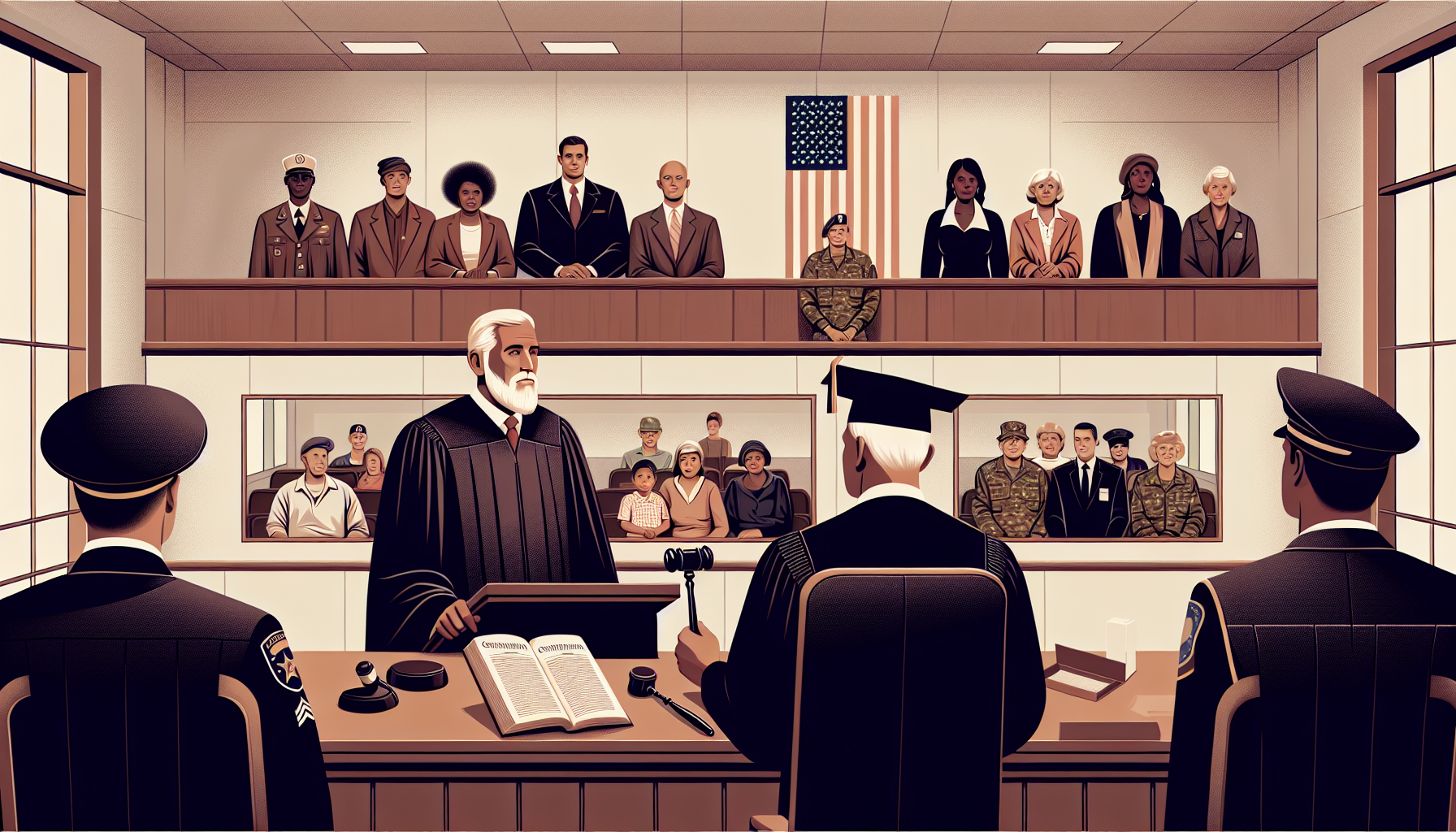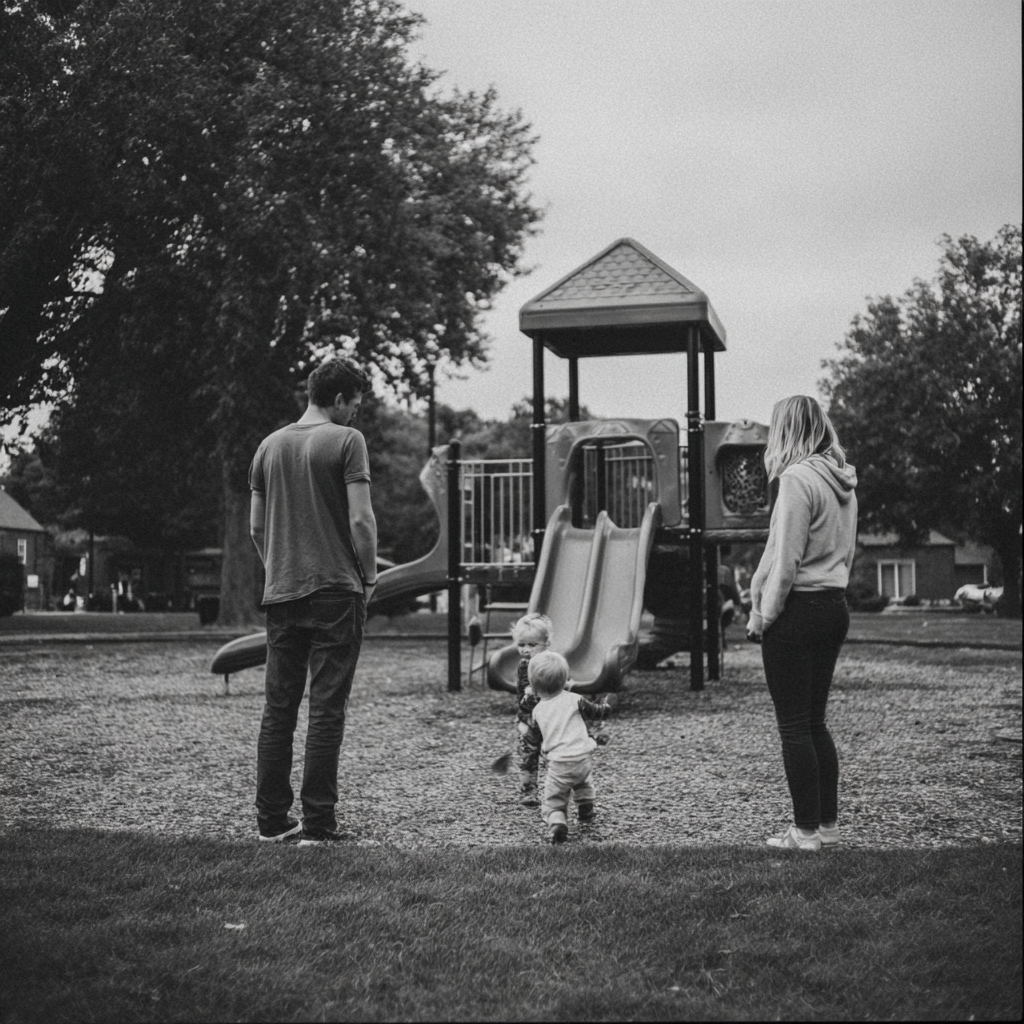Definition
Judicial Review, in the context of VA (Veterans Affairs) benefits, refers to the legal procedure where decisions made by the Department of Veterans Affairs regional offices or the Board of Veterans’ Appeals can be contested in the U.S. Court of Appeals for Veterans Claims. This process provides veterans and other claimants the opportunity to challenge decisions related to their benefits. The court’s primary role is to ensure that decisions made by VA officials are accurate and comply with relevant laws and regulations.
Key Takeaways
- Judicial review is the process through which the decisions made by the Department of Veterans Affairs (VA) can be challenged before the U.S. Court of Appeals for Veterans Claims to ensure legality, fairness, and proper adherence to VA laws and regulations.
- It provides veterans and their families an opportunity to appeal their case, with the assistance of a lawyer if they choose, in a more formal judicial setting rather than going through the VA’s internal appeals process.
- Initiating a judicial review does not automatically guarantee a favorable outcome, but it ensures that the rights of veterans are protected, decisions are made based on correct interpretations of the law, and the proper procedures are followed in determining entitlement to VA benefits.
Importance
The term Judicial Review is crucial in the context of VA benefits as it serves as an essential safeguard for veterans, ensuring that their rights and interests are protected.
Judicial Review is the process by which a court of law reviews and evaluates the decisions made by administrative agencies like the Department of Veterans Affairs (VA). In cases where veterans believe that their claims for benefits have been wrongly denied or mishandled by the VA, they have the right to seek a judicial review, where a court can examine whether the decisions made were in accordance with the law, fair, and reasonable.
This process plays a vital role in maintaining transparency, accountability, and fairness in the VA benefits system, and provides veterans with an avenue to pursue justice and the benefits they rightfully deserve.
Explanation
The purpose of the judicial review process within the context of VA benefits is to ensure fairness, legality, and accuracy of decisions made by the Department of Veterans Affairs concerning veterans’ claims for benefits. This process creates a system of checks and balances within the VA’s decision-making framework, providing veterans an opportunity to have their case evaluated by an unbiased court.
Judicial review provides an essential safeguard against administrative overreach, wrongful denials, and misinterpretations of the law, while promoting transparency in the adjudication of VA benefits claims. Judicial review is utilized by veterans and their representatives who feel that the Department of Veterans Affairs has made an improper decision regarding their VA benefits claim.
When all other options have been exhausted, and the veteran feels the decision is unjust, judicial review allows a court to step in and review the legality and validity of the agency’s decision. The U.S.
Court of Appeals for Veterans Claims (CAVC) is the primary body that carries out this review, taking a closer look at the veteran’s case and determining whether the VA has acted in accordance with the law. Through this process, veterans can obtain an impartial assessment of their case, ultimately seeking just outcomes and holding the VA accountable for their decision-making process.
Examples of Judicial Review
Judicial review in the context of VA (Veterans Affairs) benefits refers to the process where decisions made by the Board of Veterans’ Appeals or other entities within the VA can be reviewed by a court, ensuring that the rights of veterans are protected and laws are correctly applied. Here are three real-world examples involving judicial review of VA benefits decisions:
Cushman v. Shinseki (2010): In this case, the United States Court of Appeals for Veterans Claims (CAVC) and later the United States Court of Appeals for the Federal Circuit held that the VA had a duty to assist veterans in obtaining evidence to support their benefits claims. The case led to changes in the VA’s duty to assist provisions and implemented clear legal standards for evaluating the provision of assistance.
Henderson v. Shinseki (2011): The U.S. Supreme Court heard a case concerning the timeline for filing an appeal related to VA benefits after the Board of Veterans’ Appeals issued its final decision. The Court ruled that the 120-day filing deadline for appealing adverse VA decisions to the CAVC is not jurisdictional, meaning that the court may still consider an appeal filed after the 120-day deadline if the veteran has a reasonable justification for the delay.
Monk v. Shulkin (2017): A key decision by the CAVC that opened the door for class actions in veterans benefits cases. The case concerned the lengthy waiting periods for appeals of VA benefits decisions. The court allowed the case to proceed as a class action, recognizing that it had the authority to allow class actions in cases involving systemic issues that affected groups of veterans. This decision has allowed more veterans to collectively challenge systemic issues within the VA benefits system through judicial review.
FAQ: Judicial Review
What is Judicial Review in the context of VA benefits?
Judicial Review refers to the process in which the United States Court of Appeals for Veterans Claims (CAVC) and other federal courts review decisions made by the Department of Veterans Affairs (VA) regarding veterans’ benefits. The purpose of this process is to ensure that veterans receive fair and proper decision-making when it comes to their benefits claims.
How can a veteran initiate the Judicial Review process?
A veteran can initiate the Judicial Review process by filing a Notice of Appeal (NOA) with the CAVC within 120 days of the date the Board of Veterans’ Appeals mailed its final decision. It is essential to meet the deadline and follow the proper procedures, as an untimely or incorrectly filed appeal may be dismissed by the Court.
Can a veteran get legal representation for Judicial Review?
Yes, a veteran may seek legal representation from an accredited attorney, accredited agent, or representative of a Veterans Service Organization (VSO) to help present their case before the CAVC or other federal courts. Legal representation can be critical in ensuring that the veteran’s case is presented effectively and that all relevant issues are addressed.
Is there a fee for filing an appeal with the CAVC?
No, there is no fee for filing an appeal with the United States Court of Appeals for Veterans Claims. However, hiring legal representation may involve costs, which are separate from the filing of the appeal. Some attorneys or representatives may charge a fee for their services, while others may offer pro bono representation for veterans.
What is the possible outcome of a Judicial Review?
The outcome of a Judicial Review depends on the specific case and the decisions that led to the appeal. Some possible outcomes include affirming, reversing, or vacating the VA’s decision, remanding the case for further development or proceedings, or dismissing the appeal if it was not timely or properly filed.
Related VA Benefit Terms
- Federal Court of Appeals for Veterans Claims (CAVC)
- Board of Veterans’ Appeals (BVA)
- Notice of Disagreement (NOD)
- Statement of the Case (SOC)
- Form 9 – Substantive Appeal
Sources for More Information
- U.S. Department of Veterans Affairs
- United States Courts
- Legal Information Institute (LII) – Cornell Law School
- NOLO – Legal Encyclopedia
 Benefits.com Advisors
Benefits.com Advisors
With expertise spanning local, state, and federal benefit programs, our team is dedicated to guiding individuals towards the perfect program tailored to their unique circumstances.
Rise to the top with Peak Benefits!
Join our Peak Benefits Newsletter for the latest news, resources, and offers on all things government benefits.





















